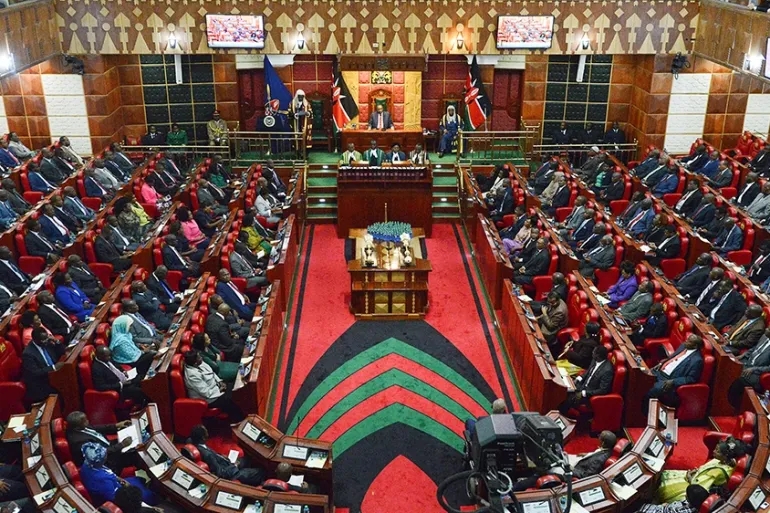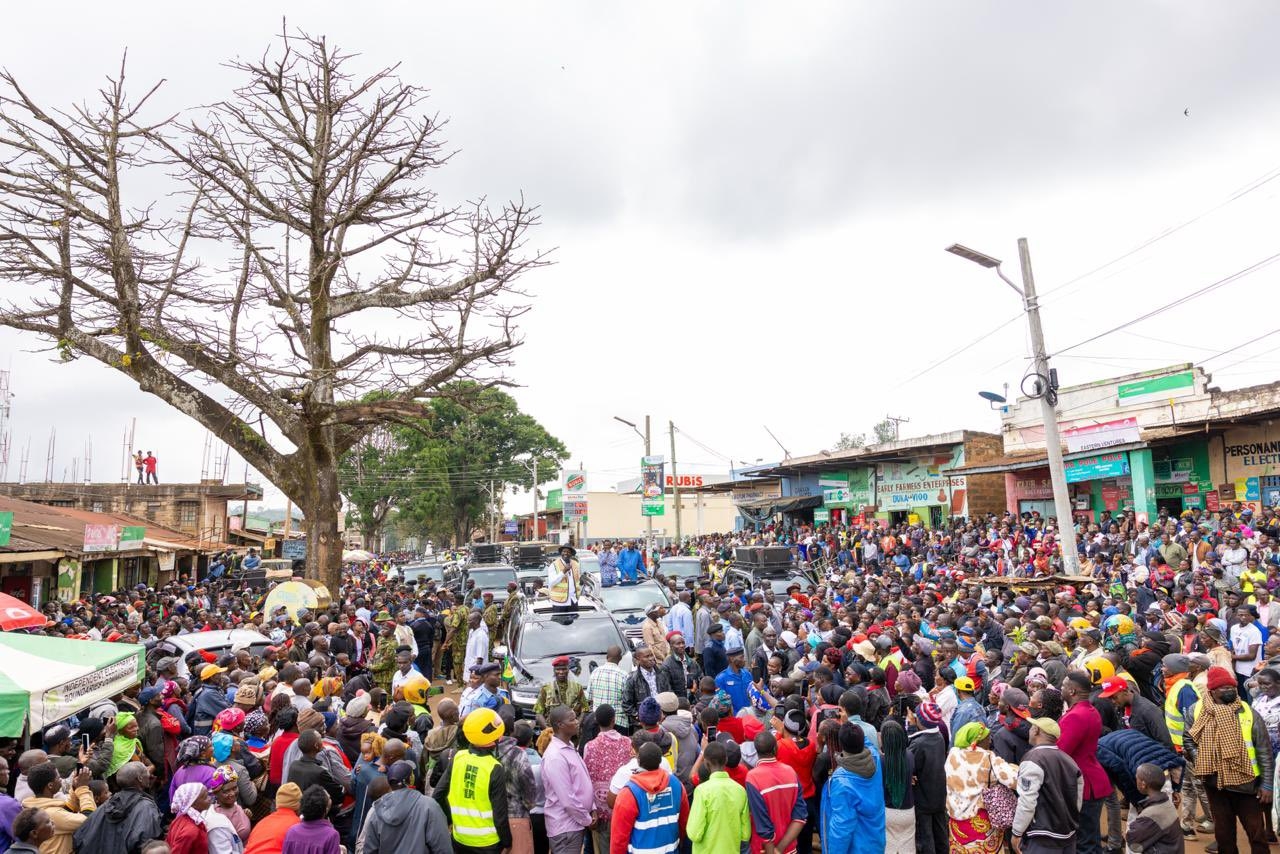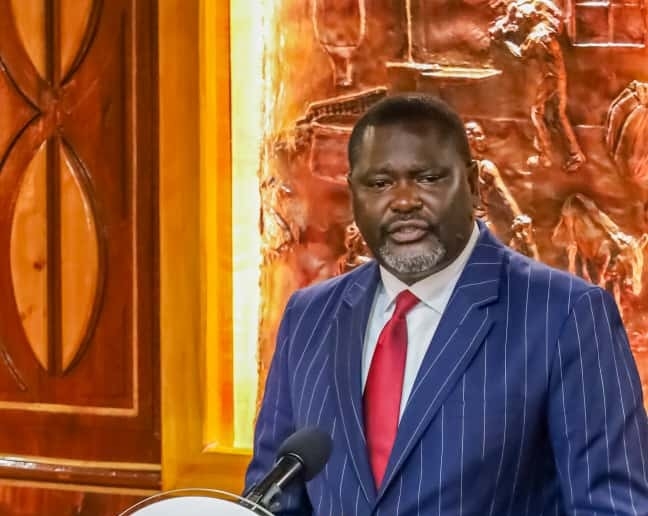
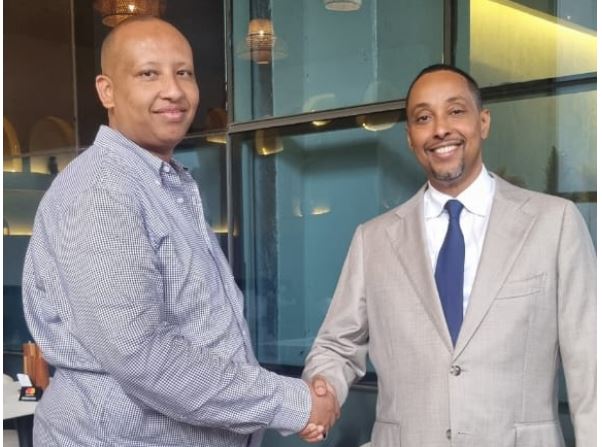
Persons with Disabilities (PWDs) are calling for immediate grassroots education and engagement following the enactment of a new law that promises greater protections and opportunities for their community.
Last week, President William Ruto signed the Persons with Disabilities Rights Bill, 2025 into law during a ceremony at State House.
The legislation—championed by Senator Crystal Asige—repeals the outdated 2003 Act and introduces a rights-based, constitution-aligned framework for disability inclusion in Kenya.
Hafid Maalim, Chair of the Northern Kenya PWD Network, welcomed the law but stressed that its impact depends heavily on whether people with disabilities across the country—especially in rural areas—are made aware of what the law means for them.
“This is a historic milestone,” Hafid said after a meeting with former Kenyan envoy to Tanzania, Abdi Dubat.
“But the challenge now is ensuring every PWD knows their rights under this new law. Without widespread awareness, the risk of continued discrimination and marginalisation remains.”
He emphasized the need for accessible education campaigns, including materials in Braille, large print, and audio formats, to make the contents of the new law understandable and available to all PWDs.
“There is still a large number of people who do not know what protections they are entitled to. We need strong collaboration with local leaders and disability organizations to reach these communities,” Hafid said.
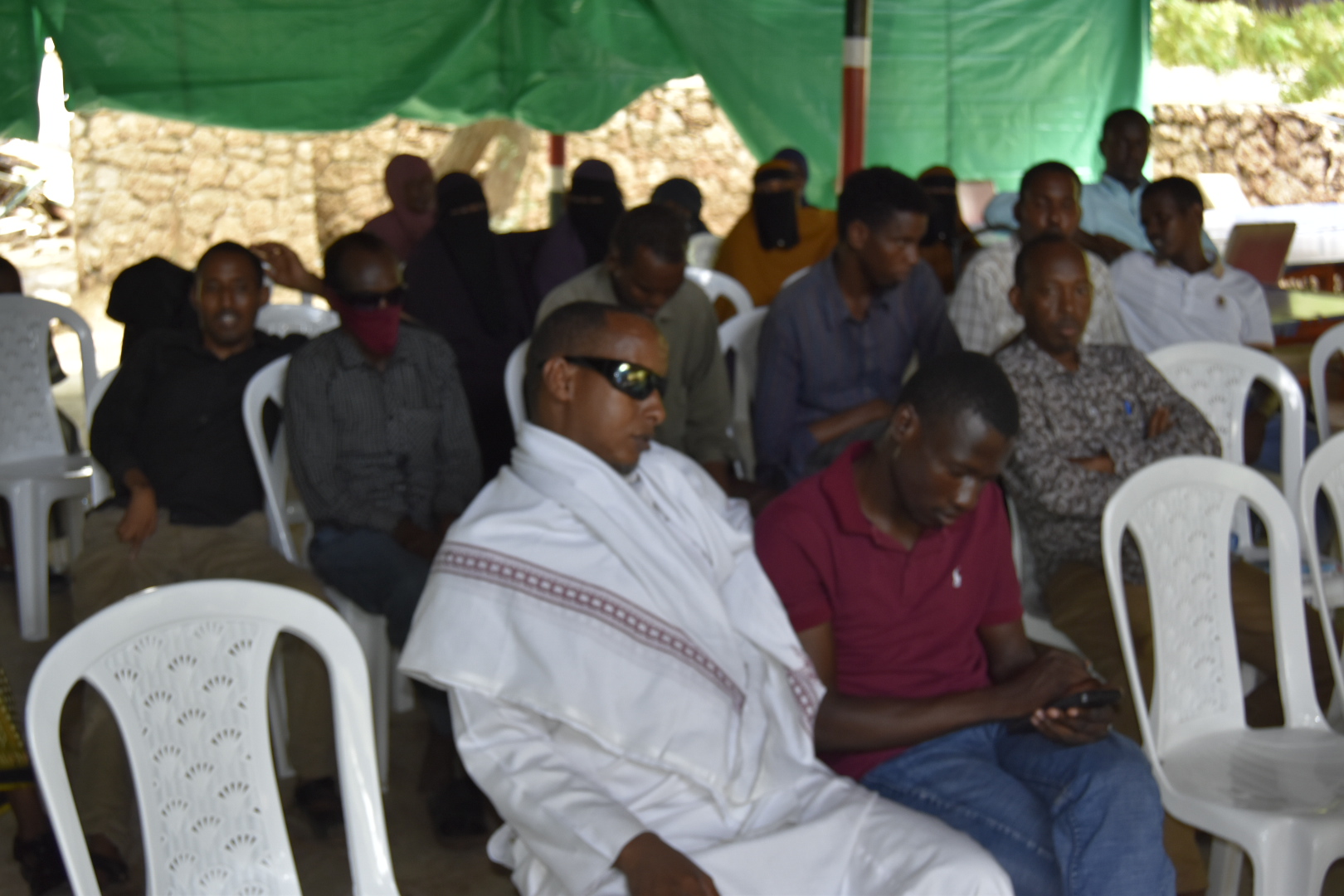
Former ambassador Abdi Dubat echoed the call, saying that empowering communities with knowledge would be essential to meaningful implementation.
“Informed communities can better advocate for their rights and hold institutions accountable,” Dubat said. “This law can only work if people know how to use it.”
He urged for targeted advocacy through local media, social platforms, and community events to ensure that PWDs and the wider public understand the services, rights, and opportunities the law offers.
The new legislation introduces sweeping reforms. It guarantees equal access to education, employment, healthcare, and political participation, and holds both public and private entities responsible for meeting accessibility and inclusion standards.
It bans all forms of discrimination against PWDs and mandates reasonable accommodations in public spaces, transportation, and digital services. The law also includes financial incentives, such as tax breaks for inclusive employers and deductions for accessibility upgrades.
Critically, it outlines strict penalties for rights violations and abuse, and strengthens protections from exploitation.
To oversee implementation, the law revamps the National Council for Persons with Disabilities, granting it independent statutory powers to advise, investigate, and enforce disability rights across the country.
Among the law’s standout provisions:
At least 5 per cent of county government jobs must go to PWDs.
Market stalls and public spaces must reserve a portion of opportunities for PWDs.
Assistive devices are exempt from taxes and levies.
Education institutions must create inclusive learning environments.
PWDs are entitled to free medical rehabilitation and must receive proper safeguards in healthcare services.
President Ruto hailed the legislation as a “progressive piece of law” that reaffirms the dignity and rights of PWDs and aligns Kenya’s legal framework with Article 54 of the Constitution.
As the country moves forward, PWD leaders say that implementation must be backed by political will, community outreach, and meaningful participation at every level.
“The law is only as strong as the awareness and enforcement behind it,” Hafid said. “Now is the time to ensure it reaches every corner of Kenya.”





